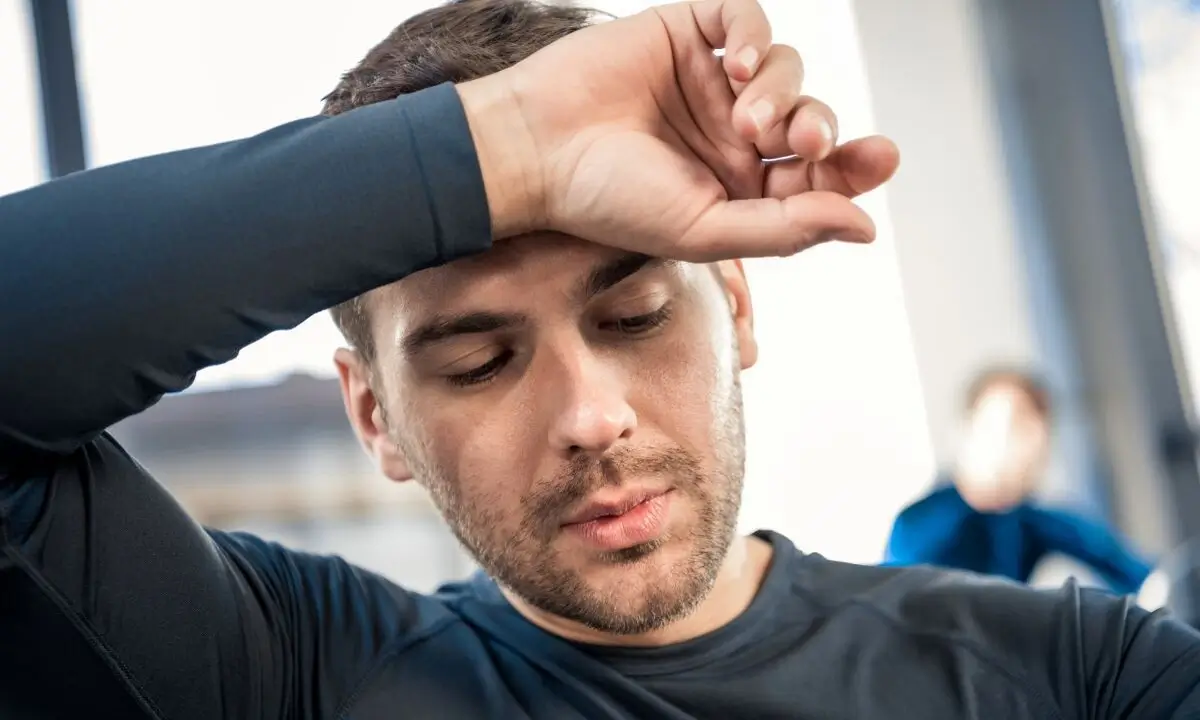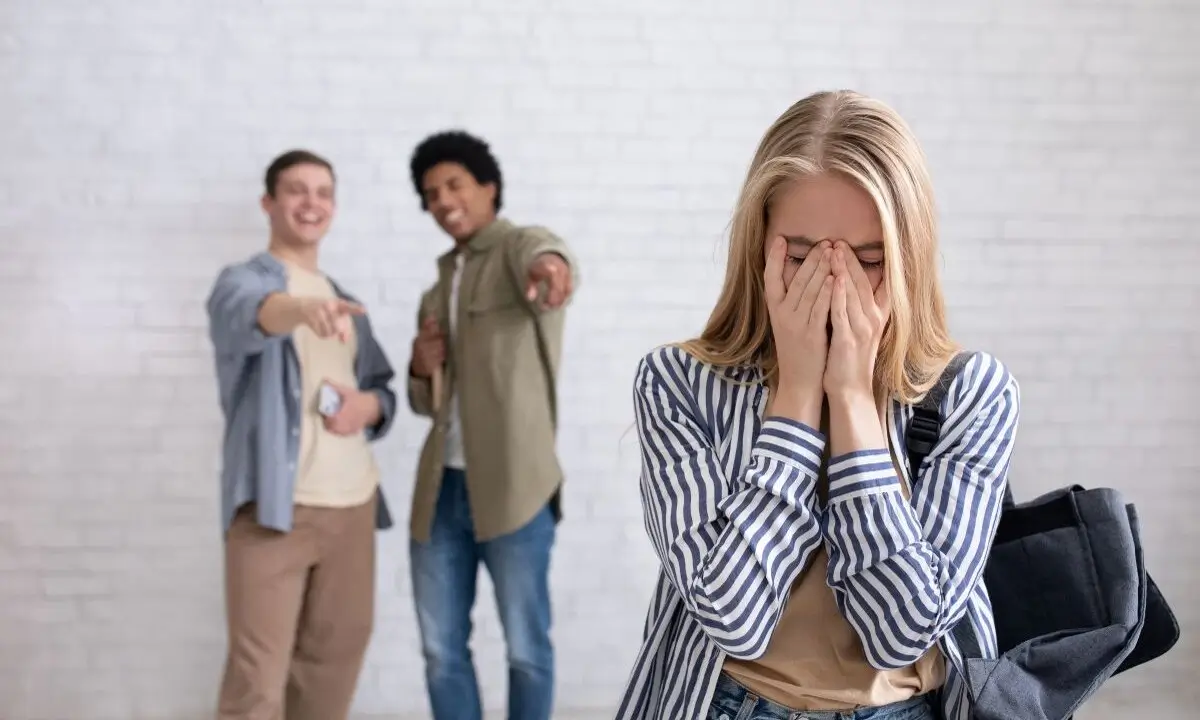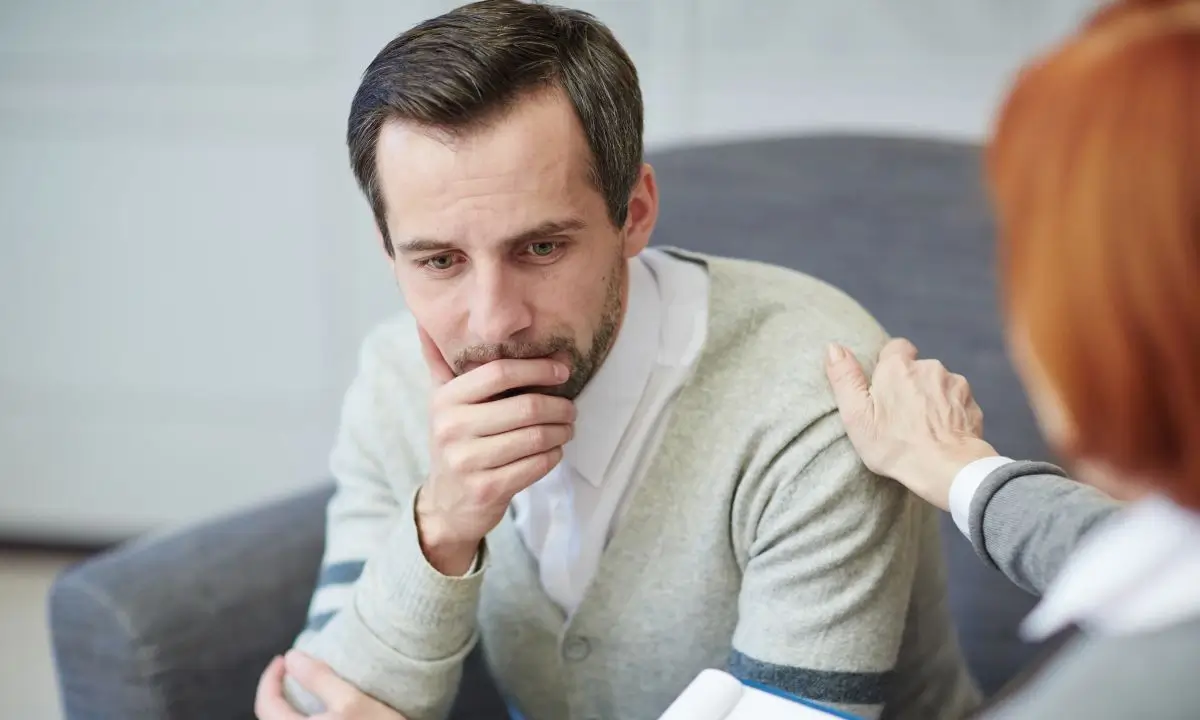Your heart pounds before you speak up at work. You skip parties because thinking about them makes you sick. You may feel isolated, but it’s not just you. Social anxiety is one of the most common mental health problems.
Its symptoms are more than just nerves and can take over your life. They can stop you from doing things you want to do. This guide covers social anxiety, warning signs, and ways to support healing and growth.
What Is Social Anxiety?
Social anxiety causes feelings of fear about being around other people. Worries around being judged or laughed at also commonly occur. These feelings are usually much more intense than, say, normal nerves felt before giving a public speech.
Social anxiety stays with you and can affect you physically. It makes you think that something negative will happen when you talk to people. It can cause spirals of worry days before an event and even lead to canceling because of the fear. Often, without intervention, symptoms can get worse.
Is Social Anxiety the Same as Shyness?
No, they’re different. Shy people tend to feel quiet around new people, but they can still engage in social activities. For instance, smaller gatherings can still be enjoyable; they’re not fearful of talking to others.
Social Anxiety vs. Generalized Anxiety Disorder
Both conditions make you worry a lot, but they focus on different areas. General anxiety makes you stress about many parts of life, like work, health, money, and family. Social anxiety fixates mostly on what other people think about you in public situations.
Common Social Anxiety Disorder Symptoms
Social anxiety disorder symptoms affect your body and mind. Here’s what you might experience.
Physical Symptoms
Your body treats social situations like they’re dangerous. When this happens, you may notice:
- You sweat a lot on your hands and face
- Your face turns red and gets hot
- Your stomach hurts or feels sick
- Your hands shake or tremble
- You feel dizzy or might faint
- Your heart beats rapidly
Emotional and Cognitive Signs
Social anxiety symptoms also affect your thoughts and feelings. Examples include:
- You feel like everyone is watching you
- You’re scared people will judge you badly
- You think about conversations over and over
- You remember embarrassing times from before
- You’re criticize yourself harshly about how you acted
Behavioral Symptoms
These symptoms of social anxiety disorder change your behavior. You might find that:
- You can’t look people in the eyes
- You leave social events early or hide
- You talk quietly or don’t speak at all
- You don’t go to parties or work events
- You drink alcohol to deal with being around people
When Do Social Anxiety Symptoms Start? Causes and Risks
Social and anxiety disorders often begin during childhood or the teenage years, though they can start at any age. Several factors can increase your risk and may cause these problems:
- Family Genes: If your parents have anxiety, you might experience it too.
- Brain Chemicals: Your brain uses chemicals to control mood. When these are out of balance, it can lead to social anxiety.
- Environmental Factors: Overprotective parenting, bullying, or difficult social experiences can all contribute to developing social anxiety.
- Bad Memories: Being embarrassed, rejected, or criticized in social situations can create lasting fears about similar events.
Why Do I Feel So Anxious in Social Situations?
Common triggers include speaking in public, eating in front of others, meeting new people, and using public bathrooms. Your brain sees these normal activities as threats, even though they’re completely safe.
How Does a Social Anxiety Test Work?
A social anxiety test asks questions about your feelings and behaviors. It’s a tool to better understand how these feelings affect your life. Doctors use symptom classification from the DSM-5 to determine whether you have social anxiety or another condition.
These tests look at a few things:
- How long have you felt this way?
- How bad do you feel?
- Do these feelings affect your work or relationships?
Social Anxiety Disorder Treatments
Social anxiety treatment works well for most people. It can involve various approaches, tailored to your specific situation.
Can Medication Help With Social Anxiety?
Prescribed social anxiety medication can make you feel much better. This can include:
- SSRIs like Zoloft or Paxil
- SNRIs like Effexor
- Beta-blockers, if you get nervous
- Anti-anxiety pills for fast-acting help
Your doctor will help you find the right medicine for you.
Effective Therapy Approaches for Social Anxiety
Different therapeutic approaches help in varied ways:
- Social anxiety disorder CBT treatment helps you notice negative thoughts. With this, you can then reframe them to healthier ones.
- Exposure therapy slowly gets you used to difficult social situations. Led safely by a therapist, you can face your fears and understand the root causes.
- Guided group therapy helps you practice talking with other people who feel the same way as you.
How to Overcome Social Anxiety With Daily Strategies
Learning how to manage social anxiety takes time and practice. These day-to-day habits can help:
- Practice talking with people you trust
- Ask yourself if your worried thoughts are true
- Start with small social goals, then try bigger ones
- Write in a journal about your thoughts and feelings
- Take slow, deep breaths before entering social settings
Should I Tell People About My Social Anxiety?
You can tell people you trust if you feel comfortable doing so. Good friends and family can listen, provide support, and understand you better. The key is to choose people who care about you and won’t judge you.
Can Social Anxiety Be Completely Cured?
There’s no instant cure, but with personalized, holistic treatment, most people feel much better. Part of this is how symptom management gets easier with time and the right treatment programs.
When and How to Seek Help
If social anxiety damages your work, friendships, or daily life, it’s advisable to seek support. You deserve compassionate treatment from people who understand what you’re going through.
Rebuilding Mental Health in MA provides the expert-backed, judgment-free anxiety treatment you need to find peace in everyday life again. Whether it’s through in-person care or virtual sessions, we can help. Contact us to learn more or verify your insurance if you’re ready to start your healing journey.









